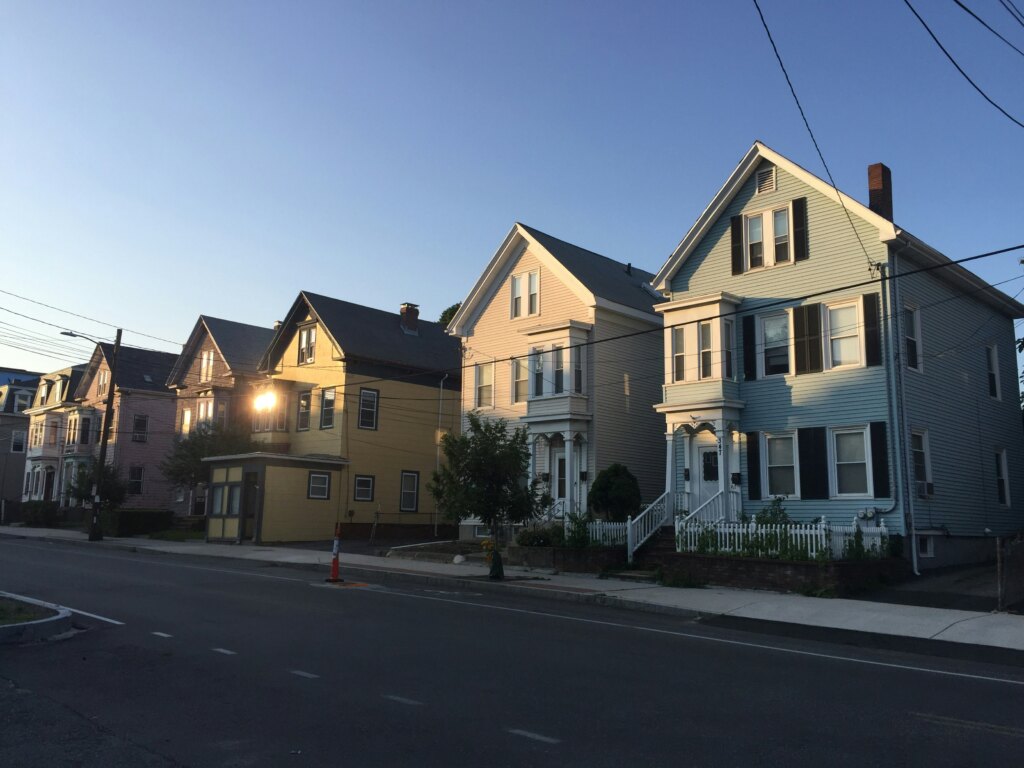
The Affordable Homes Act, recently passed in Massachusetts, is the most ambitious law aimed at addressing the state’s severe housing affordability crisis. The Act involves a massive $5.16 billion investment, marking the largest housing bond bill in the state’s history. The funding authorizes spending over the next five years along with 49 policy initiatives to counter rising housing costs caused by high demand and limited supply by increasing the production of affordable housing, preserving existing public housing, and implementing new policies to ease housing development.
Key highlights of the Act include:
- Funding and Tax Credits: The Act authorizes $2.2 billion for state public housing, doubles the Affordable Housing Trust Fund to $800 million, and significantly increases the Housing Stabilization Fund. It also introduces a new $10 million annual tax credit for the production of homeownership units targeted at middle-income households and increases the Community Investment Tax Credit to $15 million.
- Policy Changes: The Act allows for the construction of Accessory Dwelling Units (ADUs), often known as in-law apartments, by right in single-family zoning districts across Massachusetts, aiming to increase housing stock without major zoning overhauls. The administration estimates that between 8,000 and 10,000 ADUs will be built across the state over the next five years due to passage of the law.
It also includes provisions to protect tenants, such as sealing old eviction records and ensuring that homeowners aren’t pressured into waiving home inspections. - Incentives for Development: The legislation offers a tax credit of up to 10% for projects that convert vacant or underutilized commercial properties into multi-unit residential or mixed-use developments. Additionally, the Historic Rehabilitation Tax Credit has been doubled to $110 million annually, encouraging the preservation and repurposing historic properties for housing.
- Special Focus Areas: The Act establishes new programs, incentives and commissions focused on extremely low-income housing, senior housing, and accessible housing for people with disabilities. It authorizes a record $2 billion for the repair, rehabilitation and modernization of the state’s public housing portfolio. Massachusetts has the largest public housing portfolio in the U.S. with more than 43,000 units, but it has been underfunded for decades. It also sets up a supportive housing fund to assist households experiencing homelessness.
This legislation represents a significant step forward in making housing in Massachusetts more affordable, accessible and available.
